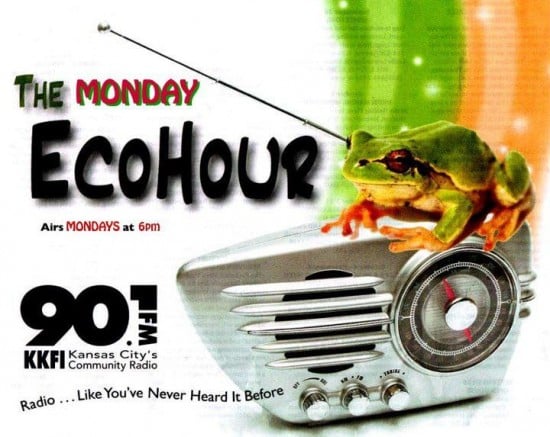On EcoRadio KC for 11-29-21, host Terri Wilke has prepared a show about Albert Bates, a member of the intentional community and ecovillage movements.
We wish this hour could be a real time interview with Albert Bates, however, he can’t zoom, because he lives beyond the digital divide, in the Global Village Institute’s Cool Lab Project Office in Mexico. We can speak with Bates on the old-fashioned telephone, please stay tuned for future EcoRadio KC episodes when that happens, but for this hour, we will play recordings from Albert Bates on topics ranging from Biochar, The Global EcoVillage and the needs of our next generation.
Albert K. Bates is a member of the intentional community and ecovillage movements. A lawyer, author and teacher, he has been director of the Global Village Institute for Appropriate Technology since 1984 and of the Ecovillage Training Center at The Farm in Summertown, Tennessee, since 1994.
Bates first came to national prominence in 1978 when he sued to shut down the entire U.S. nuclear fuel cycle from mines to waste repositories. The case went to the United States Supreme Court and was ultimately unsuccessful but it raised troubling questions about the health effects of nuclear energy and the ethical dimensions of the federal role in promoting power deployment while actively suppressing and concealing public health effects.
In 1980, Bates shared in the first Right Livelihood Award as part of the executive board of Plenty International. In 2012, he received the Gaia Award from Gaia Trust of Denmark for his efforts in fostering the ecovillage movement.
Bates is author of many books on law, energy, history and environment, including: Climate in Crisis (1990), The Biochar Solution (2010), and Transforming Plastic: From Pollution to Evolution (2019).
In his books and talks, Bates outlines the realities of declining fossil energy and global climate change. He puts forward a “twelve step petrochemical addiction recovery program.”
A recurring theme is that every waste product is something else’s food, and that the most sustainable arrangement works with the prevailing conditions, not against them. According to Bates, it makes sense to understand nature and use it to your mutual benefit. This means the end of one-size-fits-all industrial solutions and a return to decentralized plans based on local conditions.
Our modern world is lucky to have an environmentalist with a lifelong perspective on the struggle to find alternative methods of coinhabiting our planet.
He is working now from the Global Village Institute in Mexico.
We at EcoRadio KC are glad to encourage awareness and protection of our world. We can create a sustainable present for a sustainable future!
This will be a great radio hour! We hope you can tune in!



